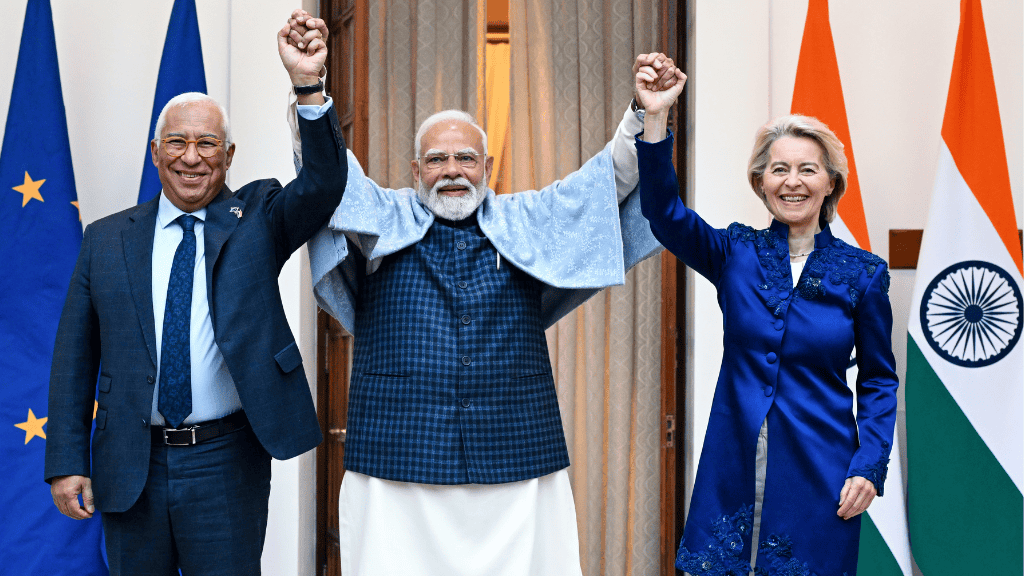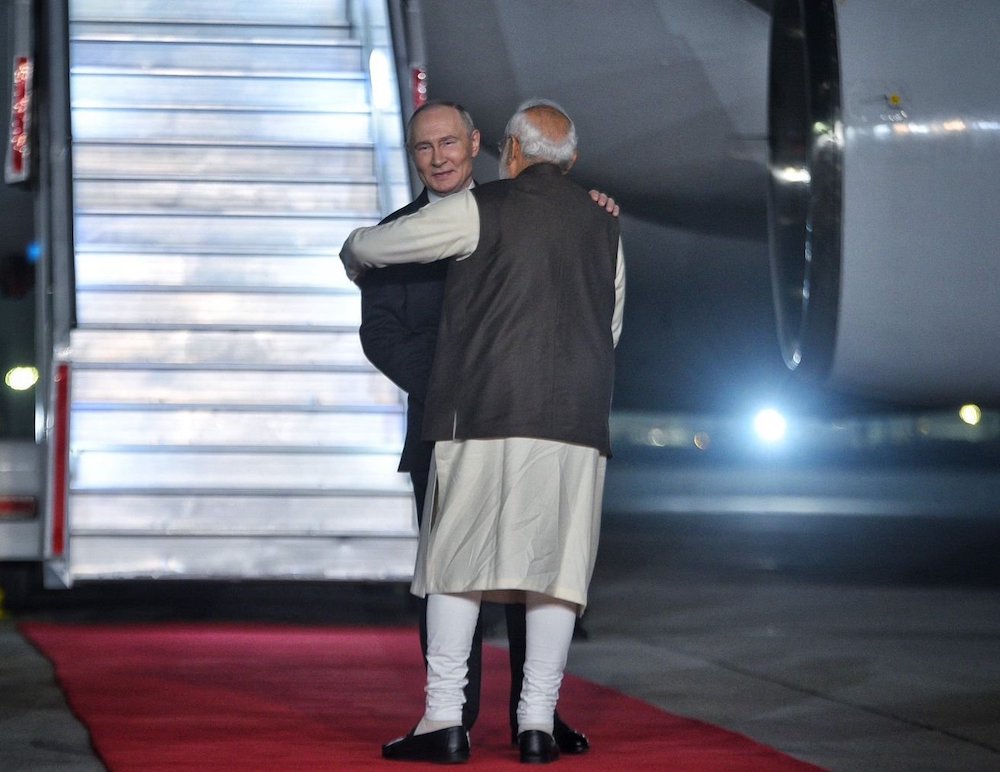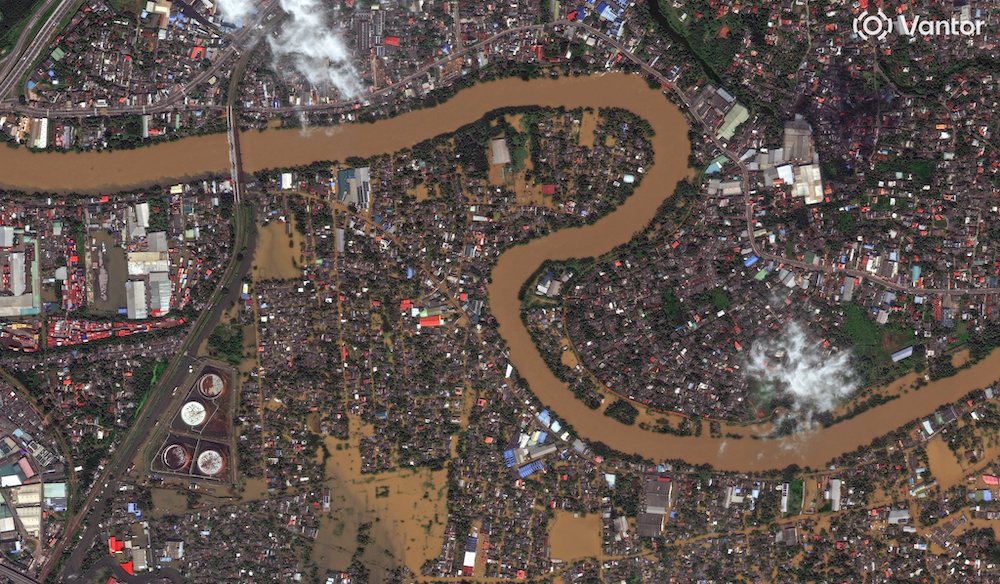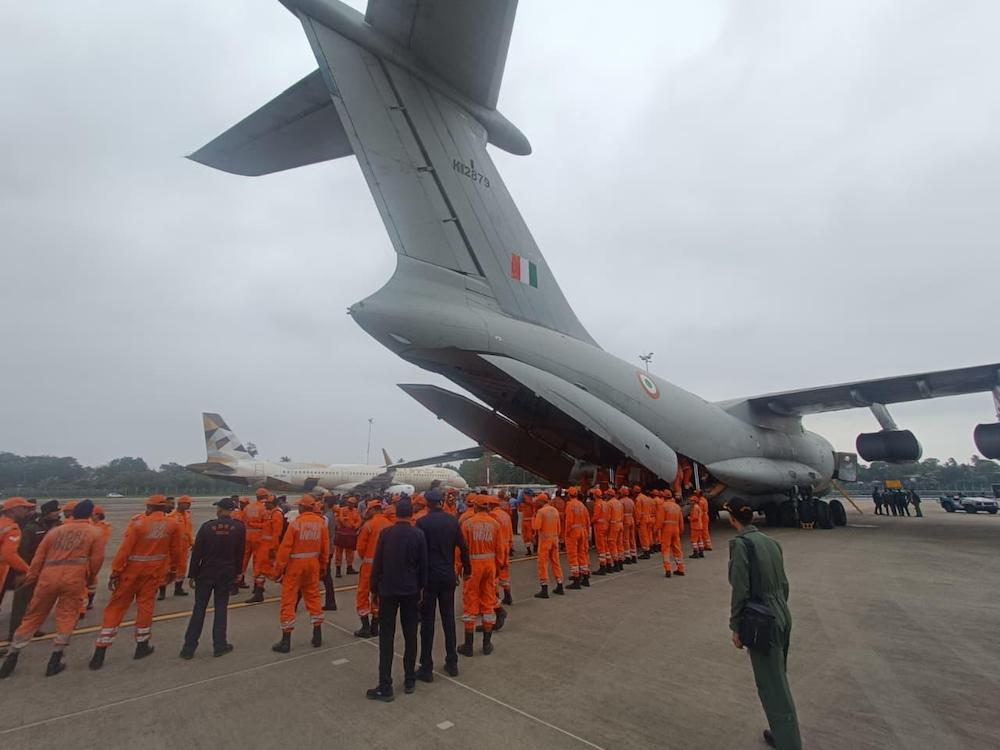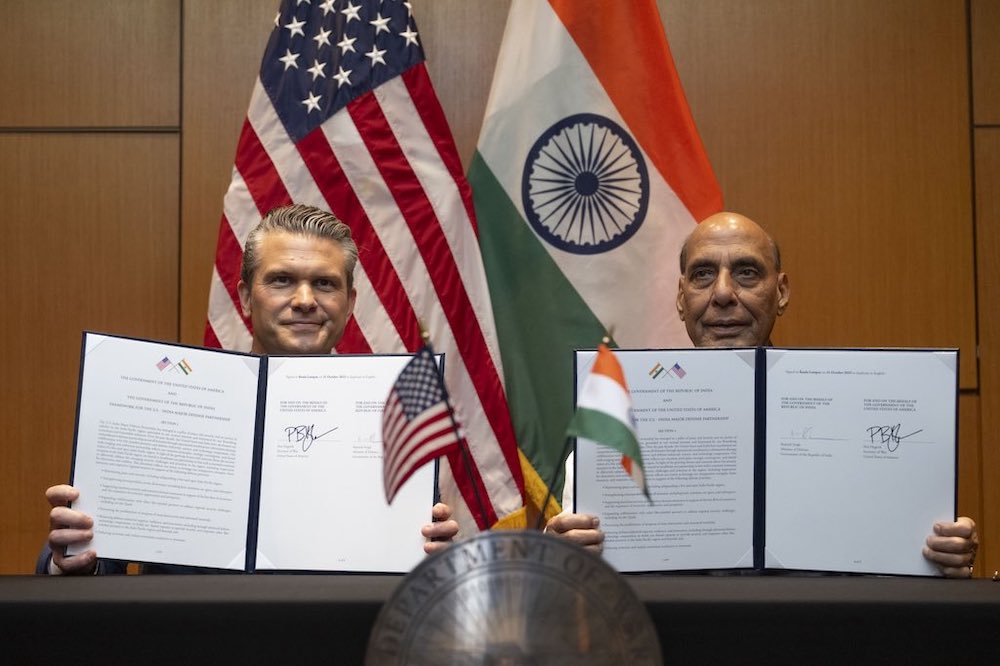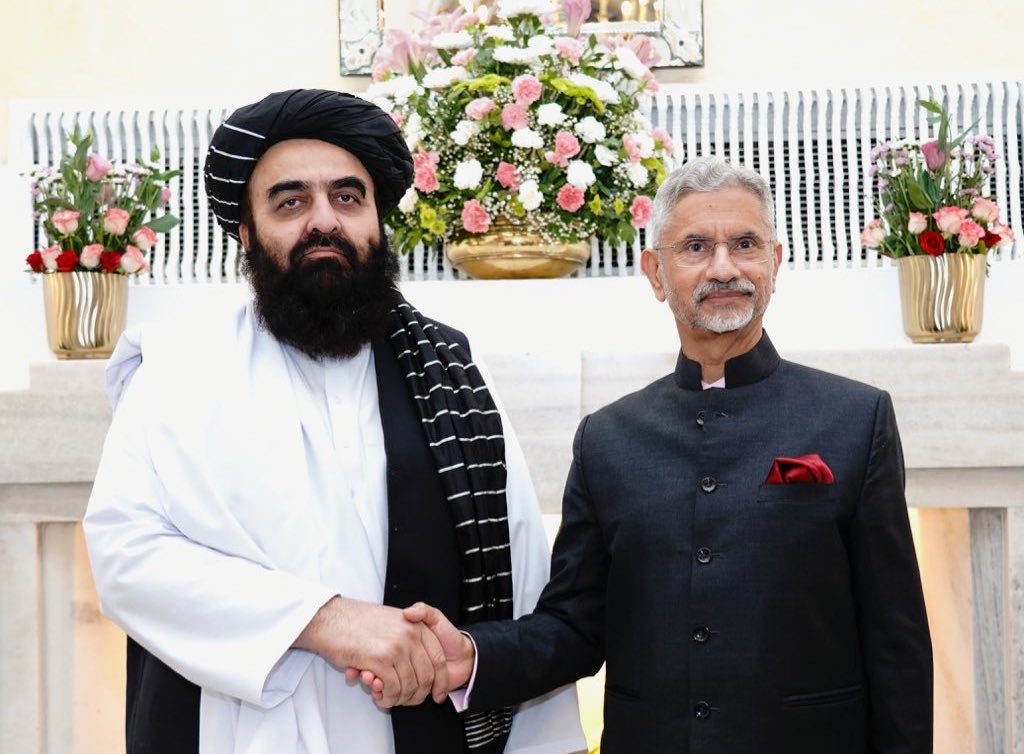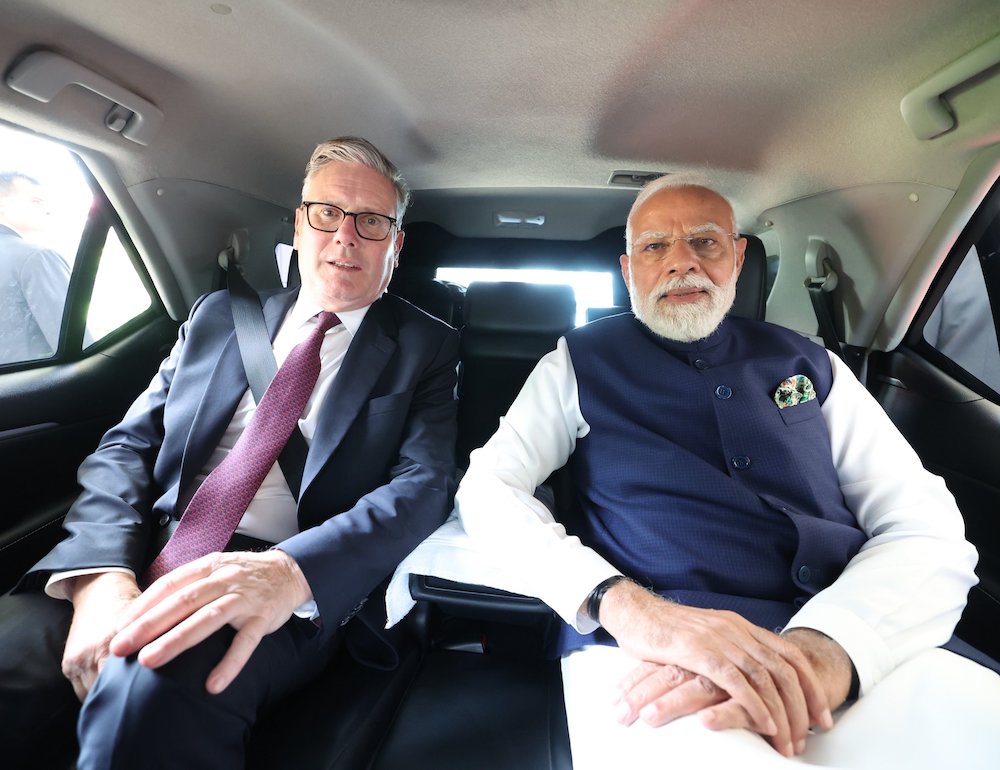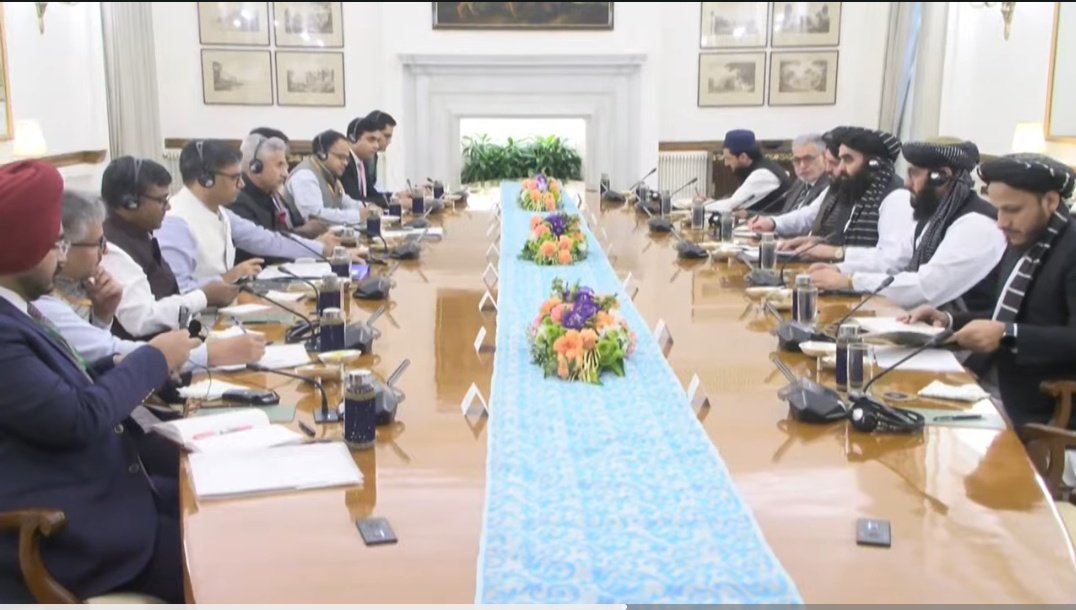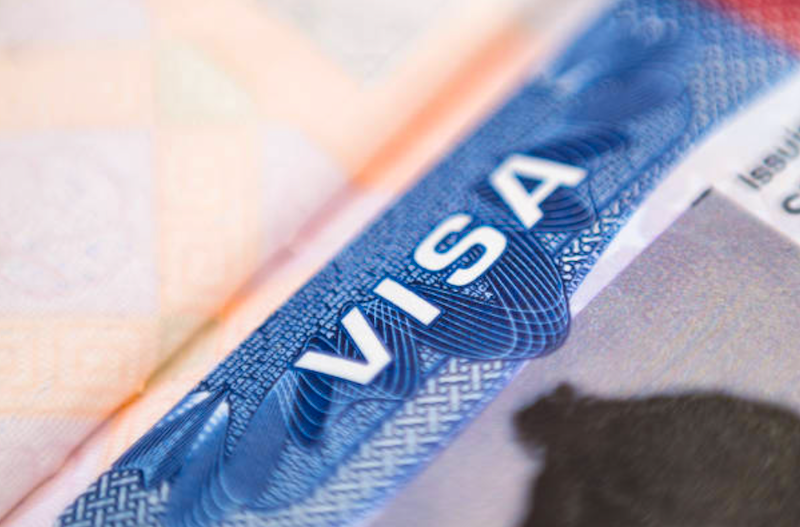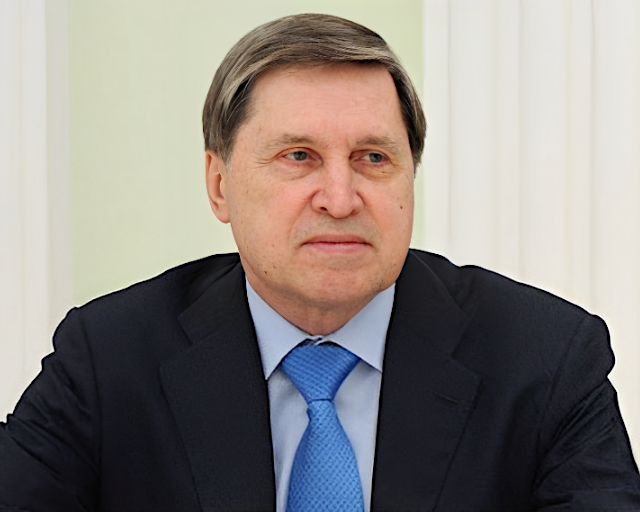 Yury Ushakov. (Photo: The Kremlin)
Yury Ushakov. (Photo: The Kremlin)
New Delhi: A senior Russian official has backed the claim made by the US president, Donald Trump, that he personally intervened to broker a ceasefire between India and Pakistan following their four-day military confrontation in May, triggering fresh political controversy in New Delhi.
Yury Ushakov, a top aide to the Russian president, Vladimir Putin, and senior foreign policy adviser, publicly backed Trump’s assertion while speaking to Russian media. Ushakov confirmed that the conflict was discussed during a 75-minute telephone conversation between Putin and Trump on Wednesday.
“The Middle East was discussed, as well as the armed conflict between India and Pakistan, which has been halted with the personal involvement of President Trump,” Ushakov stated. This marks the first high-level international validation of Trump’s role in defusing tensions between the two nuclear-armed nations.
The four-day conflict
The military confrontation began on the intervening night of May 6 and 7 when India launched Operation Sindoor, conducting precision missile and airstrikes on nine sites across Pakistan-occupied Kashmir and Pakistan’s Punjab province. The operation was India’s response to the Pahalgam terrorist attack of April 22, in which 28 civilians, mostly Hindu tourists, were killed by five armed terrorists in Jammu & Kashmir.
The Resistance Front, believed to be an offshoot of the Pakistan-based terrorist organization Lashkar-e-Taiba, claimed responsibility for the Pahalgam attack, which is considered the deadliest terrorist attack on civilians in India since the 2008 Mumbai attacks. India accused Pakistan of supporting cross-border terrorism, which Pakistan denied.
Pakistan retaliated through Operation Bunyan-ul-Marsoos, targeting several Indian military bases. The confrontation included the first drone battle between the two countries, along with mortar fire, missile strikes on airbases, and border skirmishes.
As India Sentinels had reported earlier, cessation of hostilities was formally agreed through hotline communication between the directors general of military operations of both countries on May 10.
Political fallout
The confirmation of American mediation has sparked sharp reactions from opposition parties questioning the government’s silence on foreign intervention. Congress spokesman Jairam Ramesh demanded transparency from the prime minister, Narendra Modi, about the extent of US involvement.
“President Putin’s aide Yury Ushakov has just revealed that the 4-day India-Pakistan conflict came up in the 75-minute telephonic conversation of President Putin and President Trump on June 4,” Ramesh said. “We want the prime minister to clarify the truth. He is completely silent on America’s role.”
Ramesh specifically questioned whether “Operation Sindoor stopped because of US pressure.” The Indian government has not issued any official statement in response to either Trump’s original claims or Ushakov’s confirmation.
US diplomatic engagement
According to available information, American diplomacy played a significant role in the ceasefire negotiations. The US vice-president, JD Vance, and the secretary of state, Marco Rubio, maintained extensive correspondence with both Indian and Pakistani officials during the talks.
As India Sentinels had reported earlier, Trump had previously claimed that his administration’s diplomatic efforts, coupled with trade threats, helped de-escalate tensions and may have averted a potential nuclear conflict, although he provided limited details about the specific timeline or mechanisms of intervention.
Regional implications
The confirmation of foreign mediation in resolving the India-Pakistan conflict underscores continued international concern over tensions between the two countries, which possess significant nuclear arsenals. The swift resolution of the four-day confrontation prevented escalation to full-scale war but has raised questions about India’s strategic autonomy and the extent to which external powers influence critical security decisions in South Asia.
The controversy also highlights the balance India must maintain between its strategic partnerships and sovereign decision-making, as opposition parties continue to demand greater transparency about the circumstances that led to the cessation of Operation Sindoor.

